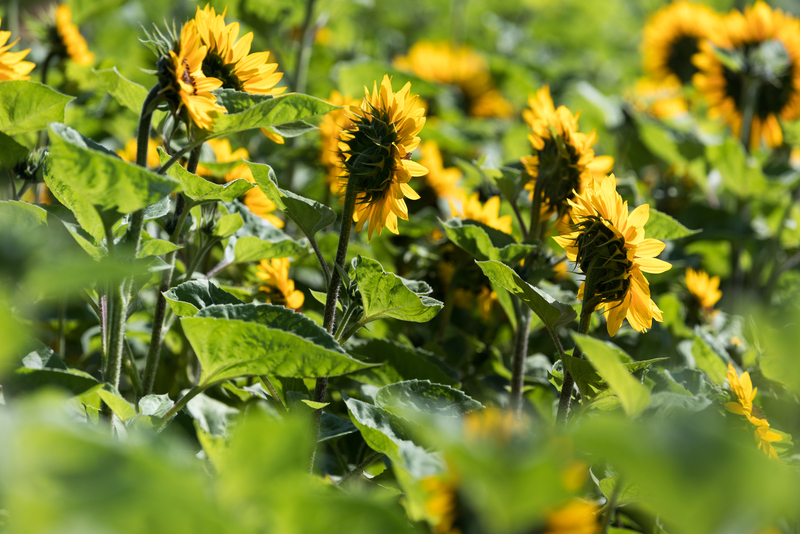
For the Better Health of People and the Planet
For the past 50 years Koppert’s mission has been to contribute to better health of people and the planet. Therefore, there is no better way to accomplish this but by cutting our carbon footprint.
After many trials, Koppert will be slowly switching from Styrofoam to a fully recyclable package for shipping. Over the next several months, you will start to see this new packaging. At first the switch to the new packaging will be gradual and it is expected that there will be a mixture of the two shipping methods. Our goal is to completely switch to the new recyclable packaging within the first quarter of 2019. This method will enable us to transport our most temperature sensitive organisms in a box made of cardboard with a synthetic fiber lined with plastic inside. This new packaging has been created in partnership with Tryco Inc., a company that like Koppert take strides to produce the highest quality products.
Our numerous trials from November to December have shown that the Tryco boxes worked just as well as the Styrofoam boxes. In some cases, they outperformed the Styrofoam packaging in maintaining the required temperature for transportation.
We conducted our trials by shipping both types of packaging to clients located in some of our country’s warmest climates. Predominantly, we chose locations with the greatest distance from our Howell location, with the exception of our Michigan client, we chose locations in Florida, Georgia, and California.
The boxes were packaged with temperature data loggers on the inside and outside of the boxes. Plus, we inspected the product at each destination. Moreover, the products we used such as Capsanem, Entonem, and Enermix are our most temperature sensitive products.
We strive to continuously improve our processes, products, know-how, and services. This packaging change will ensure that Koppert follows its continuous commitment to improve its processes and materials. Koppert will save 2,860 pounds of Styrofoam per year. That is a yearly saving of 1.43 tons of Styrofoam that will not be produced and stay out of landfills. Styrofoam is harmful to humans and the environment for many reasons. Some of which include the materials going into Styrofoam, the hazards for humans during the manufacturing process, and the mass accumulation of Styrofoam particles in the environment. Did you know that benzene, an ingredient in Styrofoam, is established as a human carcinogen? On a more positive note, Styrofoam is currently recyclable, but the Styrofoam recycling market is diminishing at a rapid rate. It is a notoriously difficult material to recycle. In addition to these unfortunate facts, Styrofoam is being banned in many cities and towns. The bans could impact the future of Styrofoam shipping in general. To be one step ahead of the issues and controversy surrounding Styrofoam, Koppert decided to continue its green dream into the packaging realm by searching for a sustainable alternative.
According to World Centric, a company that produces compostable products, it takes 11.28 kWh to produce one pound of Styrofoam compared to only 3.06 kWh used to produce a pound of recycled cardboard. Additionally, the Green Dining Alliance a restaurant sustainability certification program run by St. Louis Earth Day, estimates that 3 million tons of Styrofoam are produced in the USA annually, 80% of which is destined for the trash.
Koppert is consistently striving to not only improve our products, but also the way that we operate. These fully recyclable boxes join a list of environmentally conscious improvements that Koppert has utilized to decrease its carbon footprint. This list consists of Spical Ulti-Mite and Swirski Ulti-Mite sachets that are entirely compostable. These new sachets are made of a newly-developed foil that meets the required industrial composting standards. The sachets can therefore be disposed of together with the crop waste when it is taken to a composting plant. Koppert also uses recycled material from automobile manufacturing plants that Koppert uses to produce its bumblebee hive liners. By incorporating these, we continue and will continue to find solutions to contribute to the better health of people and the planet.